Keywords: Catholic Health Australia
There are more than 200 results, only the first 200 are displayed here.
-
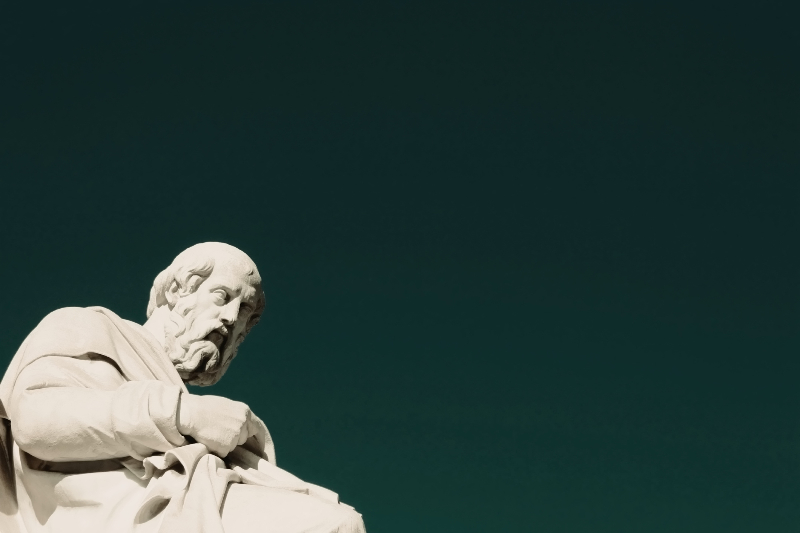
RELIGION
- Gerry O'Neill
- 17 February 2022
13 Comments
At a time when the Catholic Church is being invited to greater humility by the Plenary Council and greater synodality by Pope Francis it may be prudent to acknowledge both the richness and limitations of human knowing, especially when it comes to matters concerning ultimate reality.
READ MORE 
-
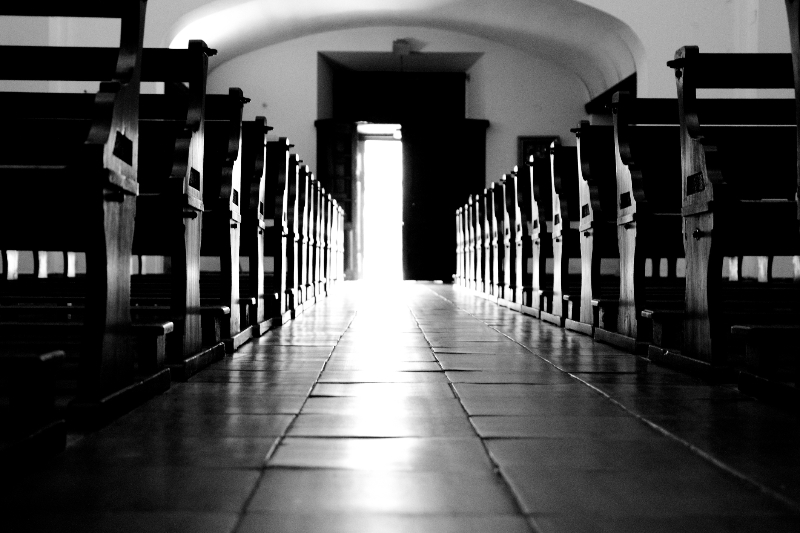
RELIGION
- John Warhurst
- 10 February 2022
37 Comments
The Church in Australia has taken a step towards greater transparency with the release by the Australian Catholic Bishops Conference (ACBC) of its first ever Annual Report-this one for the 2020 year. This step is welcome, but there is more to be done. Synodality and co-responsibility presumes that those who are walking together have equal access to information upon which to discern the future of the Church at all levels.
READ MORE 
-
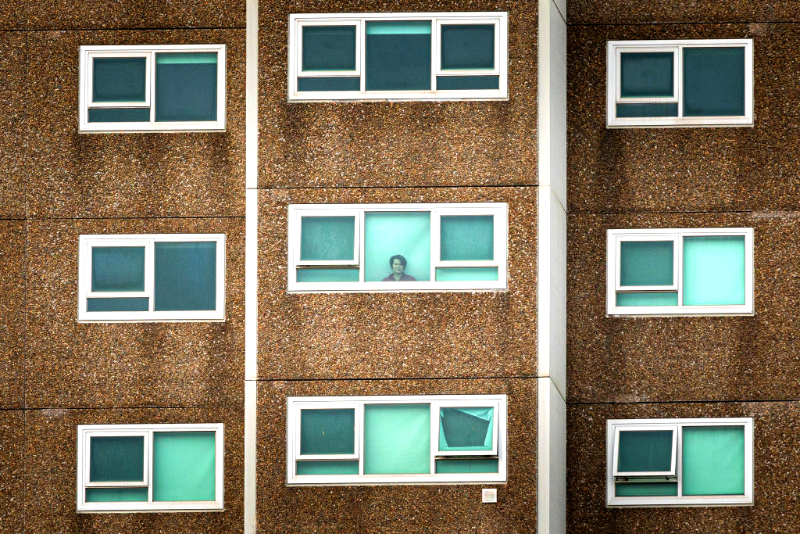
AUSTRALIA
- Brigid Meney
- 31 January 2022
18 Comments
When COVID-19 first arrived, it was described as the great equaliser. Infection could happen to anyone. Your race, creed, or the balance of your bank account didn’t matter to the virus that was spreading. But after a summer of dodging the virus and hunting for rapid tests, it is abundantly clear this isn’t a pandemic of equals. Now we have the data which quantifiably measures just how Australia's socio-economic fault lines were exposed and exacerbated by COVID-19.
READ MORE 
-

AUSTRALIA
- Greg Craven
- 25 January 2022
53 Comments
One reasonably could ask whether this is the moment to write a book about the potential of Catholic Social Theory to contribute to Australian politics and policy. After all, the Church is still struggling to come to terms with decades of child abuse, hardly a recommendation for social potential. We currently also are attempting to make sense of a Plenary that is both confused and confusing.
READ MORE 
-
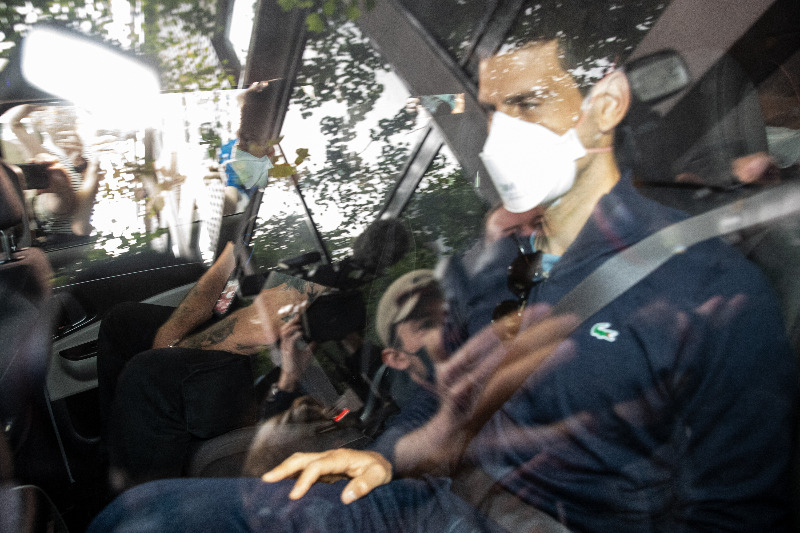
AUSTRALIA
- Joel Hodge
- 20 January 2022
25 Comments
It is unusual when political enemies unite. We should take note of them. The spectacular deportation of Australian Open tennis champion, Novak Djokovic, is one such unusual moment. Feeling had risen to a mob-like fervour. One is left wondering why?
READ MORE 
-

FAITH DOING JUSTICE
- Andrew Hamilton
- 11 January 2022
3 Comments
The debate about quotas based on gender has been well canvassed. The wider issues raised about merit and meritocracy, however, merit further reflection. Far in the background to both conversations lies a sophisticated body of reflection on merit among Christian theologians.
READ MORE
-
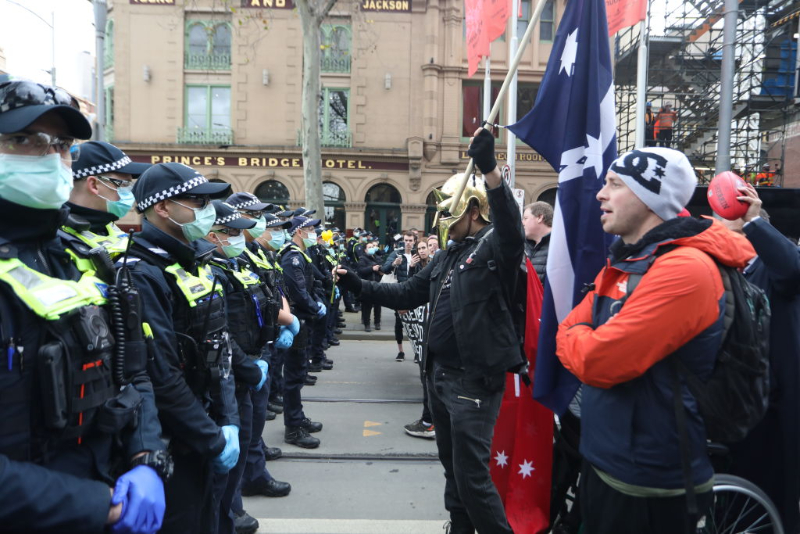
AUSTRALIA
- Julian Butler
- 28 September 2021
9 Comments
Walking down to the local Saturday morning street market, I wasn’t expecting to find myself amidst the beginnings of a violent protest. Seeing some police, I thought they were out and about to ensure the public weren’t taking too many liberties with the slightly eased restrictions that had come into effect for Melbourne the previous night. But half a dozen on each corner of Church St and Bridge Rd in inner-city Richmond suggested something more.
READ MORE 
-

AUSTRALIA
- Frank Brennan
- 15 September 2021
22 Comments
The Queensland parliament, like the Victorian parliament four years ago, is committed to legislating for voluntary assisted dying. The bill being considered by the one-chamber Queensland parliament this week basically follows the contours of the Victorian legislation. But there are three major developments proposed that are very worrying in this new field of social experimentation.
READ MORE 
-
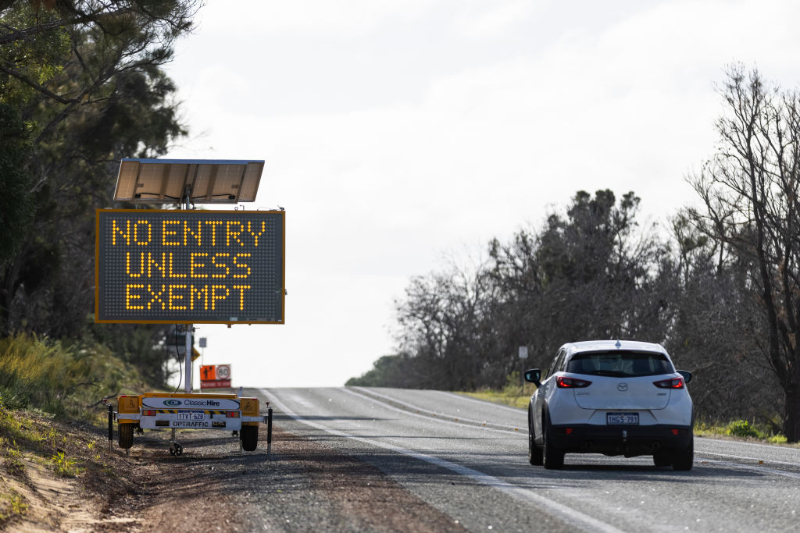
AUSTRALIA
- Frank Brennan
- 09 September 2021
5 Comments
Clive Palmer is one Australian wanting to smash border restrictions during this time of pandemic. He is threatening to go back to the High Court seeking recognition of his right as an Australian citizen to travel freely between the States. In particular he claims the right to enter Western Australia where he has significant mining interests.
READ MORE 
-
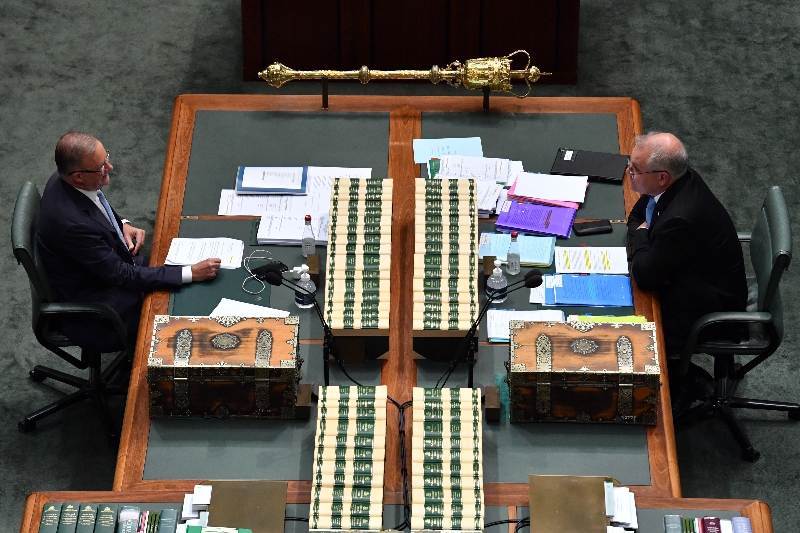
ECONOMICS
- Chris Smith
- 31 August 2021
11 Comments
In July, Anthony Albanese announced a significant change of stance on Labor tax policy which was disappointing, if not surprising. An elected Labor government, Albanese promised, would keep the coming high income tax cuts he previously opposed. This decision to not oppose the government proposal to restructure the income tax system through reduced marginal rates is supporting a government policy that will lead to a significant redistribution of wealth towards high income earners.
READ MORE 
-

AUSTRALIA
- John Watkins
- 19 August 2021
8 Comments
Since its unwelcome arrival over a year ago, the COVID-19 pandemic has presented us with a range of moral and ethical quandaries — some hypothetical, some deeply pragmatic.
READ MORE 
-

AUSTRALIA
- Joel Hodge
- 10 August 2021
13 Comments
Whatever one thinks of the Census21 campaign, I agree with the implicit aim: all people should be honest in answering the Census questions. It doesn’t matter whether one is affiliated to a major religion, no religion, or has another spirituality not listed, it is crucial that we give compete answers that reflect our real lives.
READ MORE 